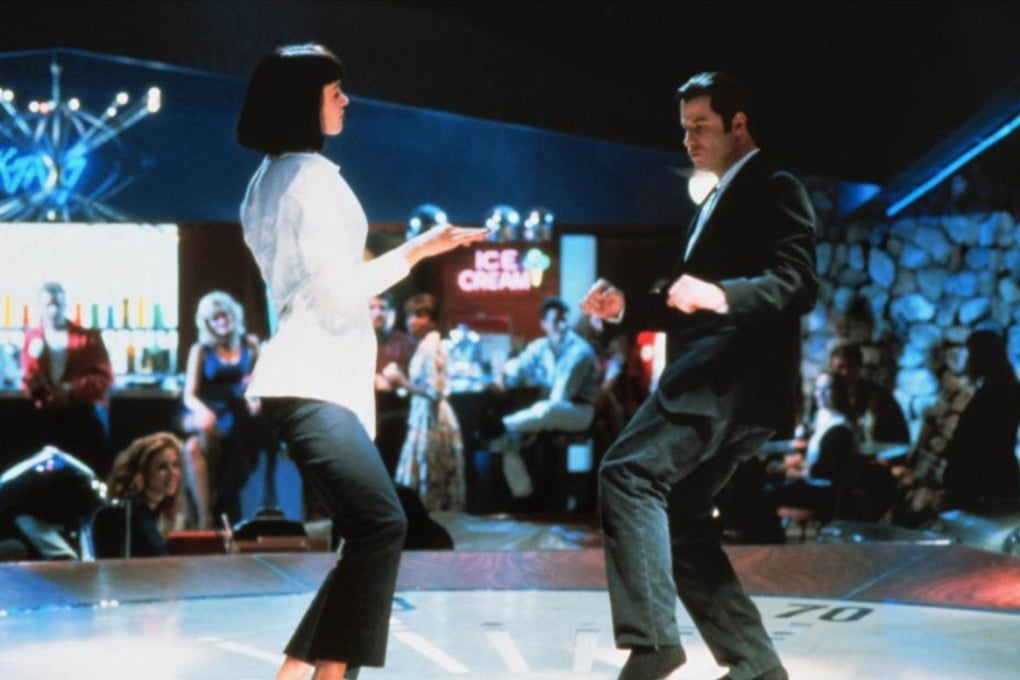Advertisement
Stuck in quarantine? Forget being an adult and do something just for fun – it might even make you more productive
- Writer Kate Whitehead gets into mental and physical shape following Uma Thurman’s sexy steps, and relearns the value of spontaneous acts of fun
- Experts describe the benefits of letting go and having fun – a sense of complete engagement in an activity and a sense of liberation
Reading Time:4 minutes
Why you can trust SCMP

Checking into quarantine last week for the second time in eight months, I felt exhausted. Beyond the jet lag, I was close to being burned out, so I decided to approach this incarceration differently – instead of a strict schedule of work, exercise and sleep, I timetabled fun as a priority.
My focus on structure and routine served me well during my first quarantine when the prospect of spending 21 days in a 250 sq ft (23 sq m) room was daunting, but a one-week sentence is a different ball game. Once the jet lag is behind you, you’re already over the hump.
Feeling energetically zapped, I wanted to take the pressure off – which is how I rather randomly ended up studying the dance scene in the Quentin Tarantino classic Pulp Fiction and teaching myself to do Uma Thurman’s sassy version of the twist.
Advertisement
I am certainly no dancer and definitely didn’t practise it with a public performance in mind – I did it purely for the fun of it. And it felt great.
Kids don’t need to be told about the value of doing something just for fun, but adults could do with being reminded. It’s a lesson I’m endeavouring to keep in mind post-quarantine.
Advertisement
Advertisement
Select Voice
Select Speed
1.00x